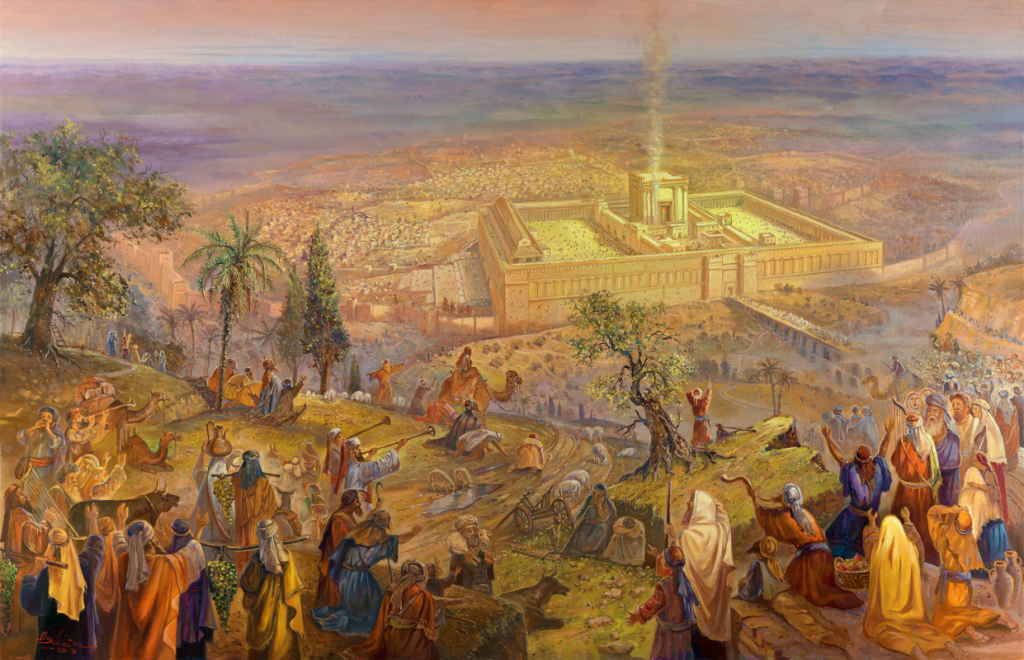REMAIN UNSHAKEN BY PRAISE OR CRITICISM OF MEN
THE SEED
“Now when He was in Jerusalem at the Passover, during the feast, many believed in His name when they saw the signs which He did. But Jesus did not commit Himself to them, because He knew all men…”John 2:23-24 (KJV)
From the beginning, Jesus lived with a clear sense of identity, making Himself of no reputation (Philippians 2:7). He did not depend on human approval or validation. This mindset kept Him focused on His mission rather than being swayed by people’s opinions. In life, people will praise us when we succeed and criticise us when we fail. However, it is dangerous to attach too much value to the opinions of others. Praise can be misleading, and criticism can be unfair. Some people praise with hidden motives, while others criticise even when you do good. Jesus knew that the same people who praised Him would one day cry, “Crucify Him!” As believers, we must anchor our identity in Christ, not in human opinions. Allow the Word of God and the Spirit of God to guide you. Your confidence should come from knowing you are a child of God, not from seeking popularity or approval from men. Live for God’s glory, not for applause.
BIBLE READING: John 2:23-25
PRAYER: Heavenly Father, help me to find my identity in You alone. May I not be swayed by praise or criticism but remain secure in Christ in Jesus’ name, Amen.
DÚRÓ ṢINṢIN, MÁ YÍ PADÀ NÍTORÍ ÌYÌN TÀBÍ Ẹ̀ SÙN ÈNÌYÀN
IRUGBIN NAA
“Nígbà tí ó wà ní Jerúsálẹ́mù ní àkókò ìrékọjá, nígbà àjọ̀dún, ọ̀pọ̀lọpọ̀ gbàgbọ́ nínú orúkọ Rẹ̀ nígbà tí wọ́n rí àwọn àmì tí Ó ṣe. Ṣùgbọ́n Jésù kò fi ara rẹ̀ lé wọn lọ́wọ́, nítorí Ó mọ gbogbo ènìyàn…”Johannu 2:23-24 (KJV)
Láti ìbẹ̀rẹ̀pẹ̀pẹ̀, Jésù gbé aye ìmòye kedere nípa ẹni tí Óun jẹ́, Ó sì ṣe ara Rẹ̀ ní ẹni tí kò ní ìyìn tàbí orúkọ (Fílípì 2:7). Ko dale lori ifọwọsi eniyan. Ìrònú yìí jẹ́ kí Ó gbájú mọ́ iṣẹ́ Rẹ̀ dípò kí àwọn èrò ènìyàn yí i padà. Ni igbesi aye, awọn eniyan yoo yìn wa nigbati a ba ṣaṣeyọri, won a si kegan wa nigbati a ba kuna. Sibẹsibẹ, o lewu láti fiyejù sí èrò àwọn ènìyàn. Iyin le jẹ ṣinilọna, ati pe atako le jẹ aiṣododo. Àwọn kan máa ń yìn nípa idi ti o farapamọ, nigba ti awọn miiran máa ń ṣàtakò, nigba ti o ba ṣe rere. Jésù mọ̀ pé àwọn kan náà tí wọ́n gbóríyìn fún òun yóò sunkún lọ́jọ́ kan pe, “Kàn án!”. Gẹ́gẹ́ bí onígbàgbọ́, a gbọ́ dọ̀ dá ìdánimọ̀ wa sínú Kristi, kì í ṣe nínú èrò ènìyàn. Gba Ọrọ Ọlọrun ati Ẹmi Ọlọrun laaye lati dari rẹ. Igbẹkẹle rẹ yẹ ki o wa lati imọ pe o jẹ ọmọ Ọlọrun, kii ṣe lati wa okiki tabi ifọwọsi lati ọdọ eniyan. Gbe fun ogo Ọlọrun, kii ṣe fun ìyìn.
BIBELI KIKA: Jòhánù 2:23-25
ADURA: Baba Ọrun, ran mi lọwọ lati wa idanimọ mi ninu Rẹ nikan. Kí n má bà a yí padà nítorí ìyìn tàbí ìkànsí, ṣùgbọ́n kí n dúró dájú nínú Kristi, ní orúkọ Jésù. Amin.
